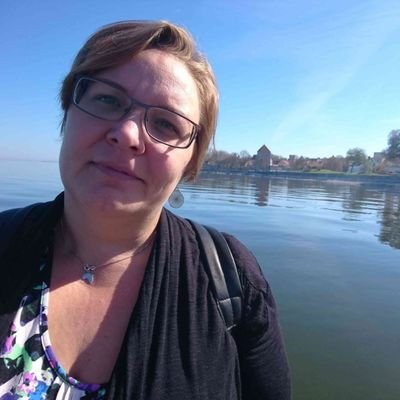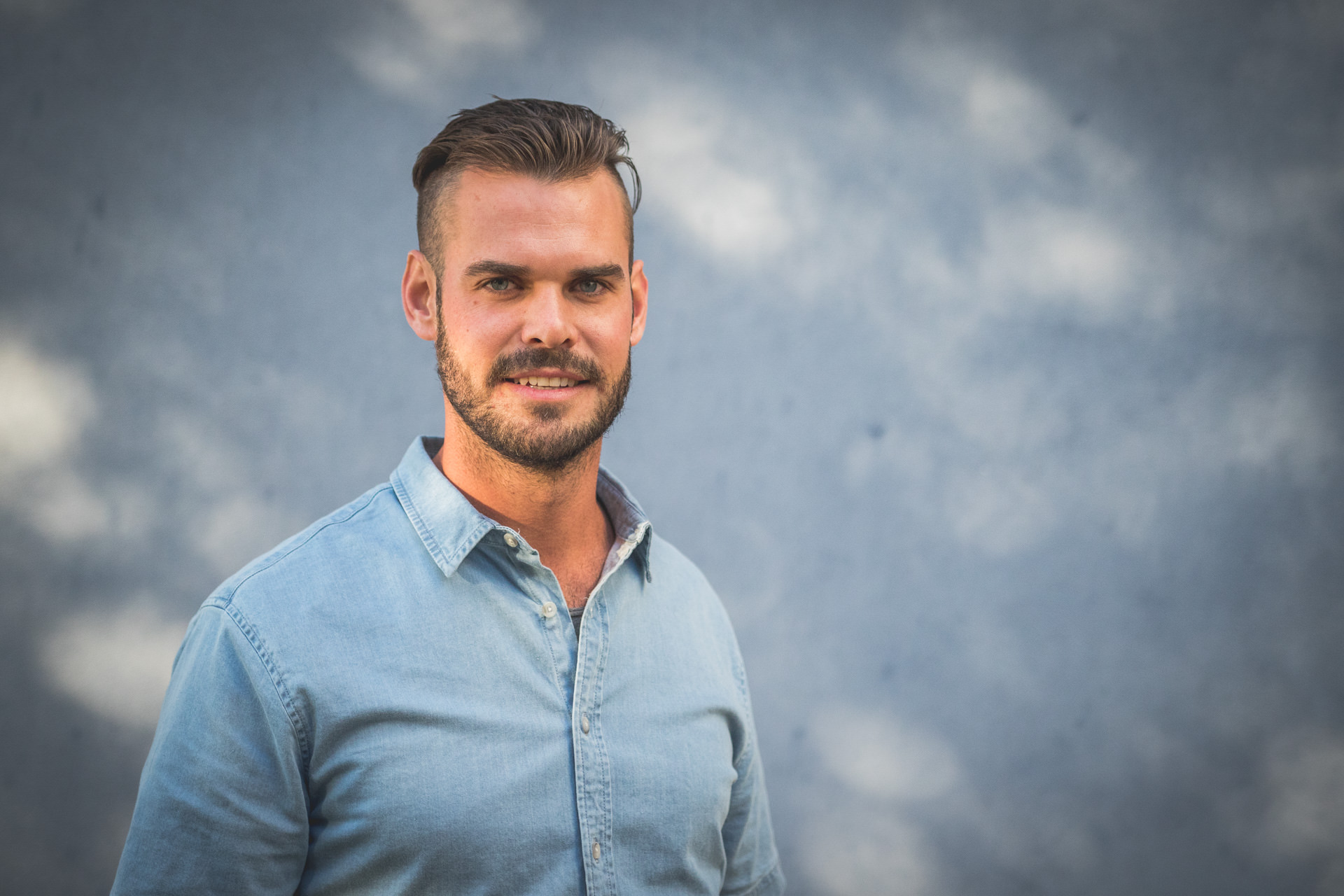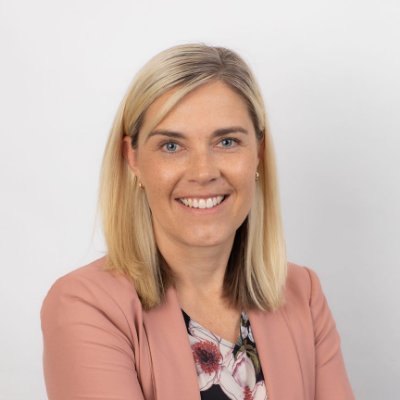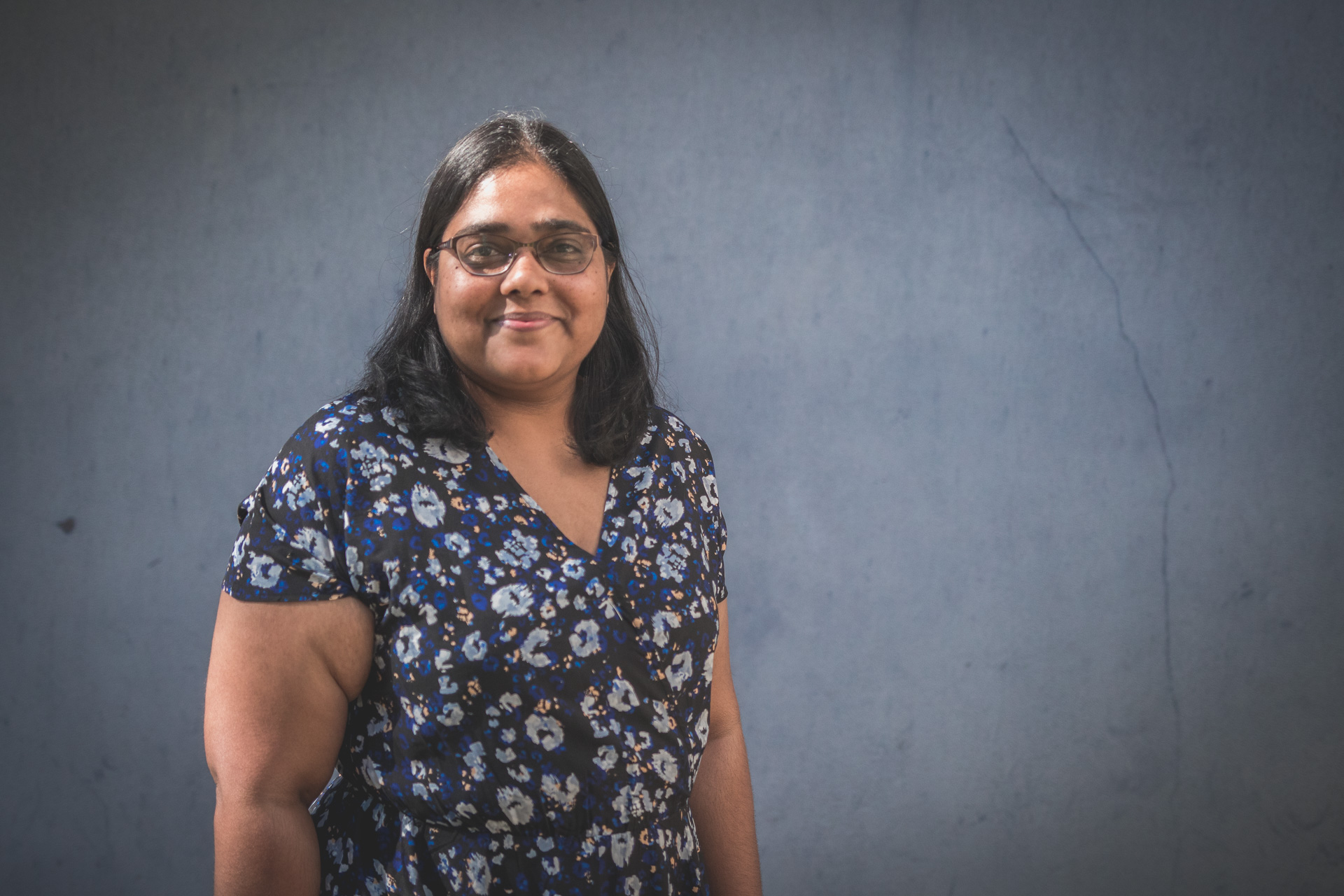Lina Mtwana Nordlund
Associate Senior Lecturer, Uppsala University
Presentation: Seagrass ecosystem services
Dr Lina Mtwana Nordlund is an interdisciplinary and transdisciplinary scientist grounded in social-ecological theory and applied environmental sciences. She has a strong interest in sustainable coastal development with a focus on seagrass ecosystems, small-scale fisheries, ecosystem services, management and governance. Her research is conducted in Sweden, the Indo-Pacific and around the world.
Lina is the Director of the Indo-Pacific Seagrass Network, an interdisciplinary research network focusing on seagrass-associated fisheries. She is an associate Senior Lecturer at Uppsala University, Sweden and teaches about sustainable futures and coastal zone development.
Michael Sievers
Research Fellow, Griffith University
Presentation: Global typologies of coastal wetland status
Dr Michael Sievers is a marine ecologist at the Global Wetlands Project, Griffith University. He is working to drive scientific understanding of critical issues facing coastal ecosystems and building online tools to help address these issues more effectively and efficiently. As of 2022, he will begin an Australian Research Council Discovery Early Career Research Award (DECRA) to better understand the relationships between plants and animals within restored coastal ecosystems. By focusing on a more animal-centric point of view, he hopes to improve restoration outcomes for wildlife and society.
Throughout his current work Michael has been adopting artificial intelligence techniques to enhance environmental monitoring. He plans to continue this as part of the DECRA. Before coming to Griffith University in 2018, his previous work centred around evaluating the ecological costs and benefits of artificial wetlands in urban landscapes, with a focus on ecological trap theory, ecotoxicology, metapopulation dynamics and urban ecology. His other area of expertise is aquaculture, primarily understanding the impact of biofouling and how to mitigate this impact and minimise animal welfare concerns in salmon farming.





